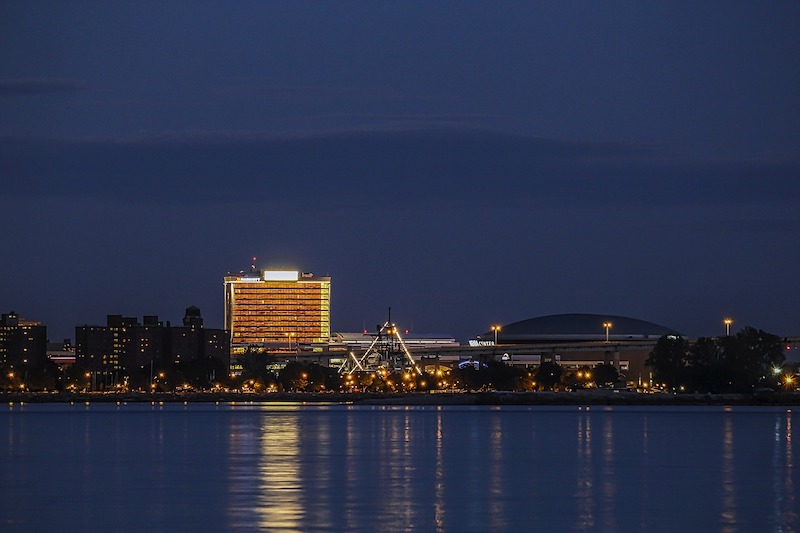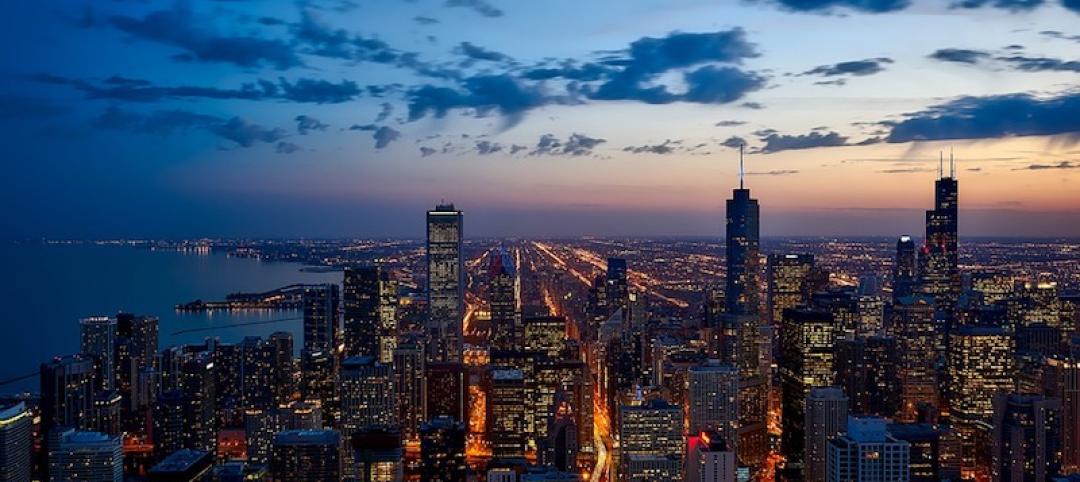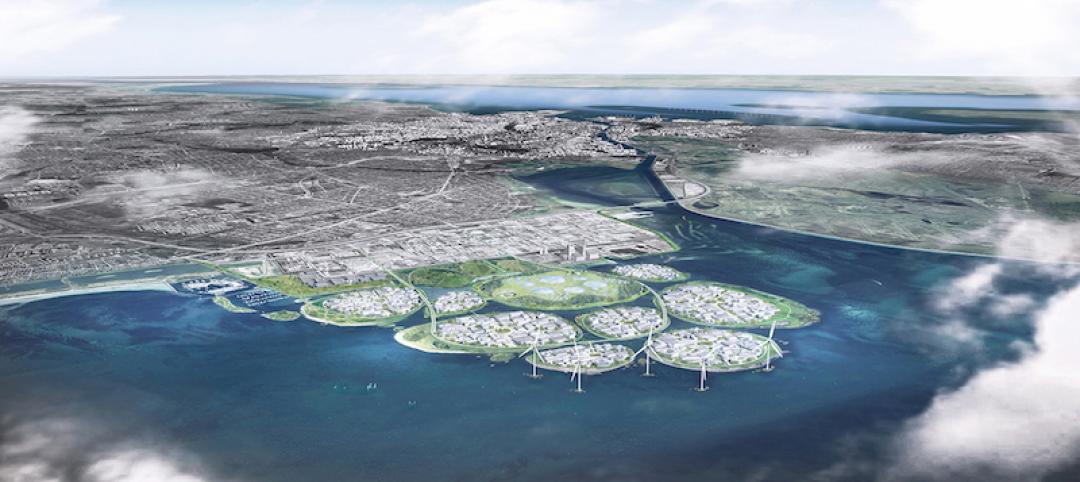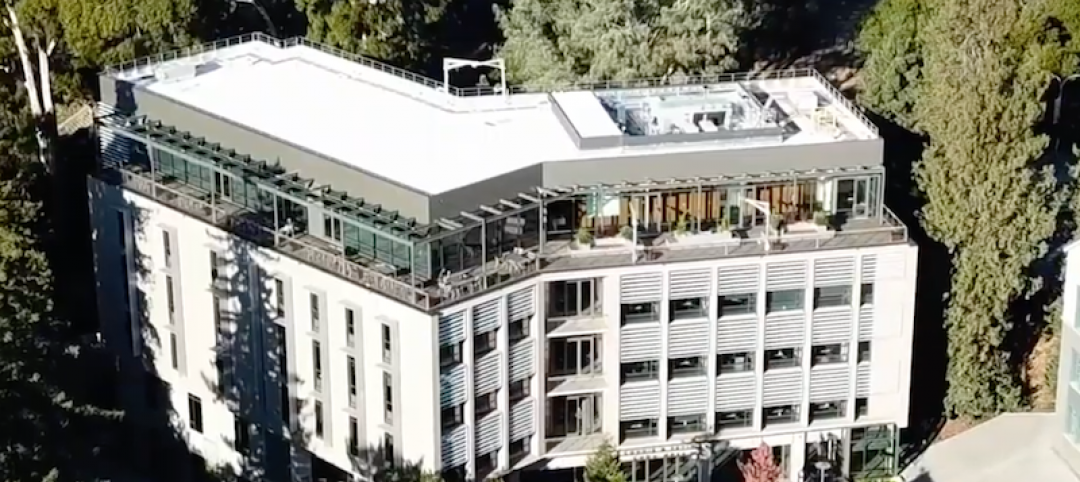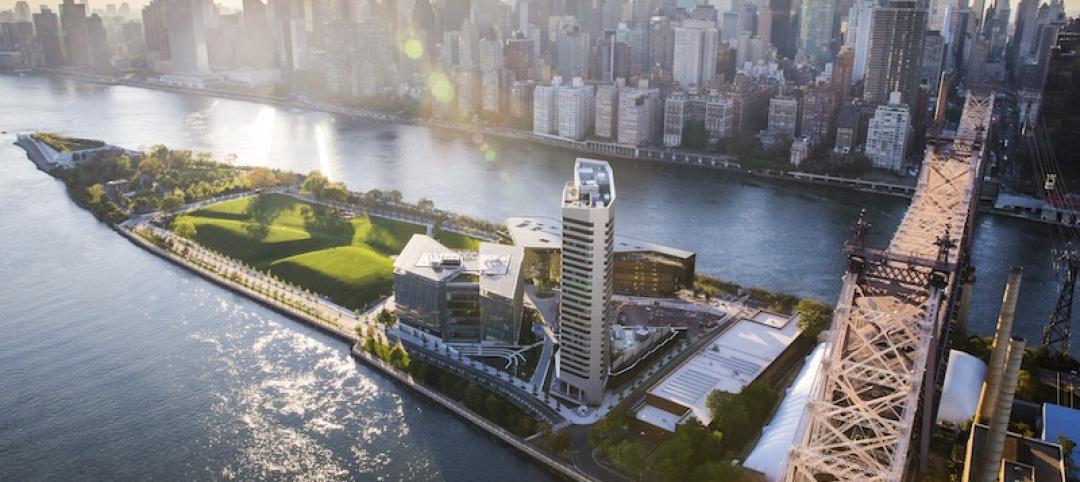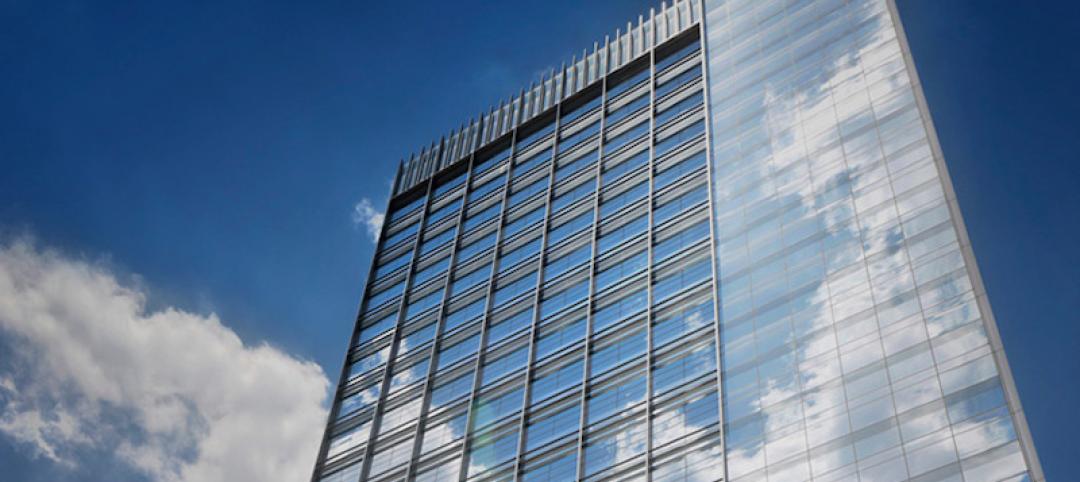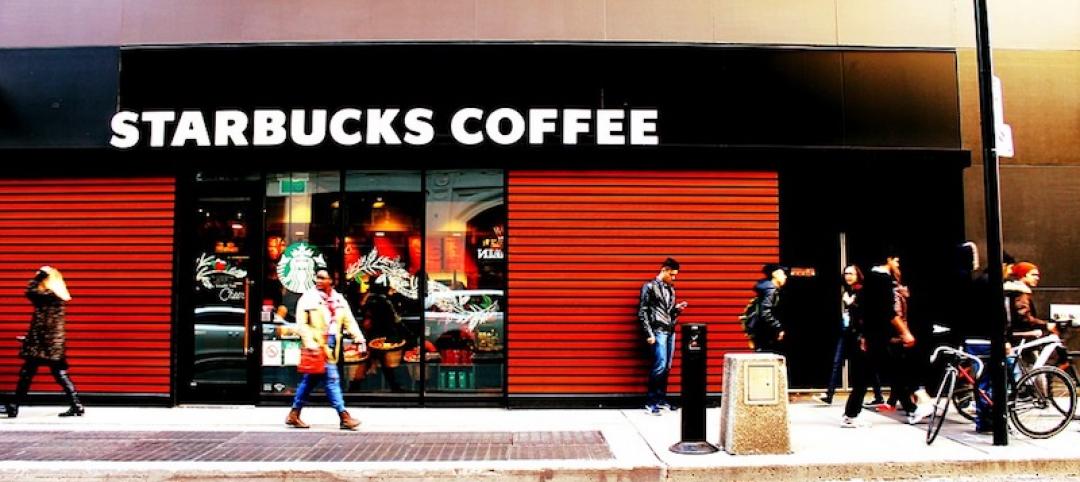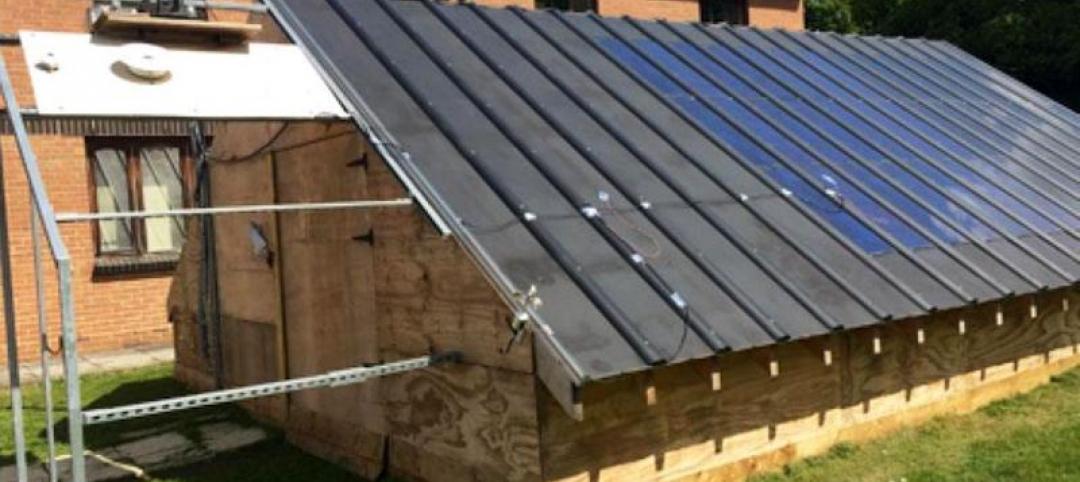Mayor Byron W. Brown announced during his 14th State of the City address that Buffalo will launch the largest Environmental Impact Bond (EIB) in the country at $30 million. The funds from this investment will allow the City of Buffalo and Buffalo Sewer Authority to capitalize on the Rain Check Buffalo program.
EIBs offer a novel approach to pay for high-impact projects based in part on the environmental, social, and/ or economic outcomes they generate. In this way, EIBs can help hedge the performance uncertainty that some developers new to green infrastructure may have, and capitalize on the multiple benefits of innovative projects like green infrastructure.
Buffalo will become the first city where an EIB is used to capitalize on a green infrastructure incentive program, in the form of the Rain Check 2.0 Grant Program, which targets the deployment of green infrastructure on private properties with large amounts of impervious surfaces. These private properties form a key component of the Buffalo Sewer Authority’s goal of using green infrastructure to manage over 500 acres of impervious surface area to help eliminate the effects of combined sewer overflows (CSOs) on Buffalo’s waterways. However, unlike projects on public property, incentives are required for private property owners to agree to install and maintain green.
“The City of Buffalo, will become the first in the nation to use an EIB to provide property owners the ability to fund green infrastructure projects and help to make our community more resilient to the impacts of climate change” said Mayor Byron W. Brown. “My administration does not view individual projects as activities in isolation, and instead views them as part of a network that functions as a system-wide improvement to our city’s water system.”
The City of Buffalo and the Buffalo Sewer Authority were selected as the winner of the Great Lakes Environmental Impact Bond Challenge through the P3GreatLakes Initiative by Quantified Ventures and Environmental Consulting & Technology, Inc. (ECT). Along with the support of the Ralph C. Wilson, Jr. Foundation and the Community Foundation of Greater Buffalo, the City of Buffalo has created a public- private, and philanthropic partnership to tackle our stormwater challenge, ensure that our city’s waterways, are protected, and guarantee a more resilient Buffalo.
In its work in Buffalo, Quantified Ventures will build on its previous successes structuring green infrastructure EIBs in cities like Washington, DC, which was also based around CSO issues and the cost-effectiveness of green vs. grey infrastructure to address them, and Atlanta, which was based around the local impacts of green infrastructure in mitigating flooding and providing access to greenspace and workforce development opportunities in underserved neighborhoods.
“Cities face massive stormwater challenges as they respond to a changing climate. Nature-based solutions reduce urban flooding risk and CSOs, and the EIB reduces Buffalo’s financial risk,” said Eric Letsinger, CEO, Quantified Ventures. “It’s a winning combination!"
Like DC and Atlanta, Buffalo will also seek to incorporate economic and community goals as part of the Rain Check 2.0 program, and the EIB used to capitalize it. “We want to see the city transformed at the end of this process, in terms of stormwater management, equity, and innovation,” said Oluwole McFoy, General Manager of the Buffalo Sewer Authority. “Our Rain Check 2.0 Opportunity Report along with this EIB allows us to invest in our neighborhoods, increase green jobs and economic prosperity for our residents while directly addressing climate change.”
“Our foundation is excited to support the implementation of the City of Buffalo’s Rain Check 2.0 program,” said Jim Boyle, Vice President of Programs and Communications for the Ralph C. Wilson Jr. Foundation. “These types of projects provide sustainable solutions that can reduce flooding, improve water quality and have a wide range of economic, environmental and public health benefits. Proactively incorporating these types of solutions in new developments, as well as the Ralph C. Wilson Jr. Centennial Park, highlight the City of Buffalo’s strategic approach to address some of the effects of climate change.”
“We deeply appreciate our project sponsors, namely the Ralph C. Wilson, Jr. Foundation, Community Foundation for Greater Buffalo, and of course, the Great Lakes Protection Fund, for their support. Their contribution will enable more than a hundred-fold investment in climate-resilient infrastructure in the region,” says Sanjiv Sinha, PhD., Water Resources National Director, Senior Vice President at ECT. “Buffalo joins a growing number of cities leveraging the EIB as a means to gain access to an emerging field of impact investors who seek not only financial returns, but also measurable environmental impact.”
Related Stories
Market Data | Feb 4, 2019
U.S. Green Building Council announces annual Top 10 States for LEED Green Building in 2018
Illinois takes the top spot as USGBC defines the next generation of green building with LEED v4.1.
Sustainability | Feb 1, 2019
Designing a net zero aquatic center
Buildings can be designed to cut consumption and operate more efficiently, but the pools always make it difficult to achieve substantial savings.
Sustainability | Jan 30, 2019
Denmark to build nine industrial, energy-producing islands surrounded by a ‘nature belt’
The project will be located 10 km (6.2 miles) south of Copenhagen.
Green | Jan 28, 2019
This is the country’s greenest academic building
Perkins+Will designed the building.
Sustainability | Nov 5, 2018
How the built environment can help the climate crisis
Our buildings and cities will have to experiment with new climate responsive forms, and in many cases, the built environment will require dramatic shifts to achieve true resilience and continue working towards a carbon-neutral society.
Sustainability | Oct 25, 2018
As project delivery models evolve, designers rethink their role
New York City’s newest university campus, Cornell Tech, pushes the limits of sustainable and resilient design.
Green | Oct 17, 2018
USGBC survey suggests employees are happier, healthier, and more productive in LEED green buildings
Can healthier, more sustainable buildings give employers a hiring edge to attract best in class talent?
Sustainability | Oct 3, 2018
Introducing sustainable design early leads to more resilient projects
Many companies are influenced by the misconception that only some projects can qualify as sustainable.
Sustainability | Sep 18, 2018
Starbucks to build 10,000 “Greener Stores” by 2025
The company is teaming with SCS Global Services and World Wildlife Fund to develop the Greener Stores framework.
Sustainability | Sep 13, 2018
Under-development solar panels snap together and turn waste heat into hot water
The project is being developed at Brunel University London.


